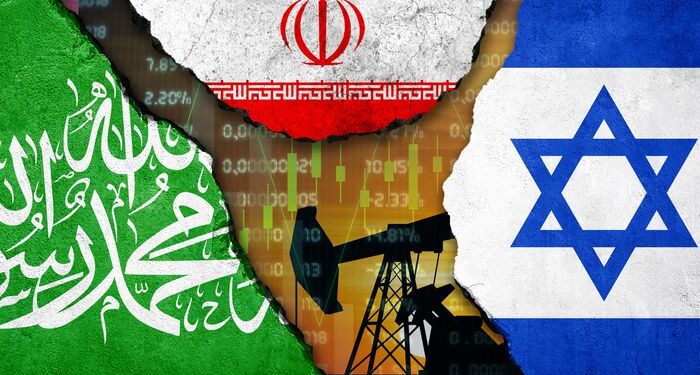The ongoing conflict between Israel and Hamas in the Gaza Strip could have significant consequences for global oil prices, according to a warning from the World Bank. In its latest Commodity Markets Outlook report, the World Bank cautioned that if the conflict were to escalate beyond the Gaza Strip, similar to the Arab oil embargo in 1973, oil prices could surge to as high as $157 per barrel.
Comparing this scenario to the 1973 Arab oil embargo, the World Bank stated that in a “large disruption” scenario, where global oil supply would decrease by 6 million to 8 million barrels per day, oil prices could initially increase by 56% to 75%, reaching a range of $140 to $157 per barrel.
The 1973 Arab oil embargo saw a fourfold increase in oil prices when Arab energy ministers imposed an embargo on oil exports to the United States as a response to its support of Israel during the 1973 Arab-Israeli war, known as the Yom Kippur War.
The World Bank outlined three risk scenarios, each estimating varying degrees of oil supply disruption based on historical episodes involving regional conflicts. In a “small disruption” scenario, global oil supplies would reduce by 500,000 to 2 million barrels per day, a level similar to what was observed during the 2011 Libyan civil war. In a “medium disruption” scenario, oil prices would increase to between $109 and $121 per barrel as 3 million to 5 million barrels per day were removed from the market, a situation reminiscent of the Iraq war in 2003.
However, the World Bank’s baseline estimates suggest that under normal conditions, oil prices are expected to average $90 a barrel in the current quarter, gradually falling to an average of $81 per barrel in 2024 as global economic growth slows. The report indicates that the conflict’s impact on commodity markets is expected to be limited if it does not escalate further.
The ongoing conflict in the Middle East adds to the significant shocks in commodity markets following Russia’s war with Ukraine, which continues to affect the global economy. While Israel and the Palestinian territories are not major oil producers, the conflict’s location in a crucial oil-producing region raises concerns about the potential for a dual energy shock, impacting the global economy in unprecedented ways.
World Bank Chief Economist Indermit Gill emphasized the seriousness of the situation, warning of the possibility of a dual energy shock affecting the global economy for the first time in decades, stemming from both the conflict in Ukraine and the Middle East.











